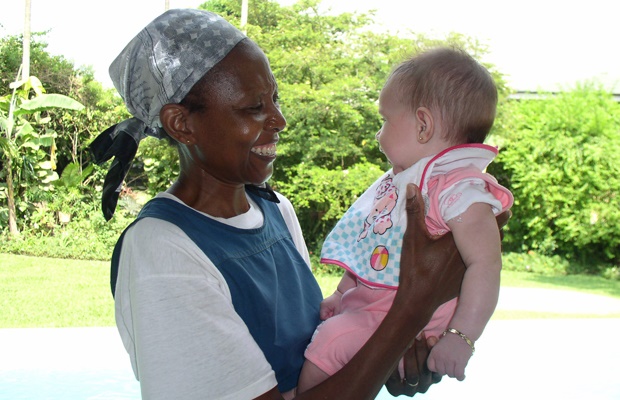October 18. The Justice and Peace team invited reflection and sharing within all parish groups on the topic of servants. “It seems that master-servant relationships have been an issue everywhere and for all time. This has certainly changed much in South African families in the last few generations as everyone can see. Affluent families have always had one or more domestic servants and gardeners. It was the norm for many white families to have a domestic servant. Black families do have helpers but also often relied on extended family members, grandparents, aunts and older siblings to play a role in caring for younger children. Jesus spoke about good or lazy servants, but also good and hard masters, some of whom punished their servants or slaves, while rewarding them if he was particularly pleased.” “In today’s world I think there are different kind of problems. Do servants still want to be servants or does everyone want to be a master? Is being a servant or domestic work looked down upon? Does loyalty still apply?’
Scripture: Blessed are those servants whom the master finds ready when he comes. He will put on his apron and have them sit at table and he will come and serve them. Luke 12:35-38. Pope Francis: It is clear from the first pages of the Bible that work is an essential part of human dignity. In Gen 2:15 man is presented as a labourer who works the earth, harnesses the forces of nature and produces “ the bread of anxious toil” (Ps 127:2) in addition to cultivating his own gifts and talents. AL 23.







Recent Comments